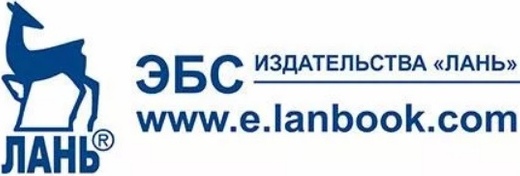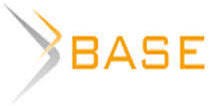Employee training as a way to prevent burnout and improve competitiveness
With the rapidly progressing world around us, employee training is a necessary factor in the effective operation of any enterprise. Taking into account the distinctive feature of the Russian market, which is the multiple changes in the internal and external conditions of the organization, the development of the training system at the enterprise speaks not only about the effectiveness of its promotion, but also about survival. In the circumstances of the current production, the importance of the emotional component of the staff, the mental work of the employee, the development of his working and general culture, the ability to capture and comprehend scientific information increases. Improving the cultural and production level of personnel is one of the main requirements that guarantee the forward development of society. The cultural and production level of the organization from an economic point of view is a gift that provides a way to improve the functioning of the enterprise as a whole and its individual structures, as well as scientific and technological progress. The methodological basis of the research is the methods of theoretical generalization, system analysis, analysis and synthesis, and others that have been used for information processing.
International studies on this topic have confirmed that a strong nervous system and a balanced state of the staff is a guarantee of efficiency, organization and attentiveness at work. People with a stable psyche are less prone to miscalculations and mistakes, as well as the most creative and productive in all senses.

















While nobody left any comments to this publication.
You can be first.
1. Volskaya A.G., 2016. Professional burnout at work – how to recognize and what to do // Digital Psychology Moscow, 2016: 190. (in Russian).
2. Gasyuk V.A., Verna V.V., 2016. HR technologies to combat professional burnout // Modern technologies of personnel management: collection of scientific tr. Teachers, graduate students, applicants, undergraduates and students. Simferopol: Aeterna, 2016:162.3.
3. Dedul V.A., 2016. Personnel training and development: current trends / V.A. Dedul // Automation and management in technical systems. – 2016 (2): 75-76.
4. Kobysh A.N., 2017. Technologies and methods of personnel management related to training / A.N. Kobysh // Problems of scientific thought. – 2017. – (4): 11-13.
5. Konstantin Grishin, Rustam Malikov, Oleg Alekseev, Elena Treskova, Marina Bogatyreva. Methodological approach to the institutional context of regional entrepreneurship// European Works on Social and Behavioral Sciences EPSBS. – Vol. 92 – SCTMG 2020: 417-424.6.
6. Osintseva P.V., Tereletskova E.V., 2020. The syndrome of professional burnout of employees, risk factors of mental burnout // materials of the VIII International Scientific and Practical Conference "Science today: theory and practice" on October 22, 2020/ 1H. – Ufa: Publishing House of USNTU, 2020: 235-238. (in Russian).
7. Pyzhova L.A., 2014. Personnel development management as a factor of labor efficiency growth / L.A. Pyzhova // Young Scientist. – 2014 (8): 565-567.
8. Smirnova O.A., 2010. Causes and consequences of market imbalance in the Russian market // Region: systems, economics, management. 2010. – Vol. 11. (4): 52-60. (in Russian).
9. Sukhov M.A., 2015. The experience of implementing a system of personnel self-development in Russian companies / M.A. Sukhov, O.A. Peshkova // Automation and management in technical systems. – 2015 (4): 34-38. (in Russian).
10. International recruiting company Hays, RecruitingExpertsWorldwide [Electronic resource]. – URL: https://hays.ru – (Accessed 15 April 2021).